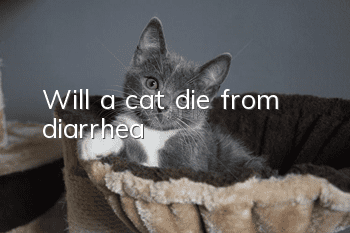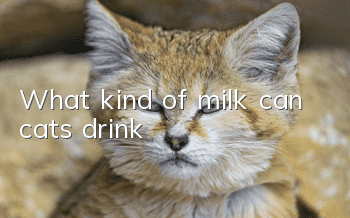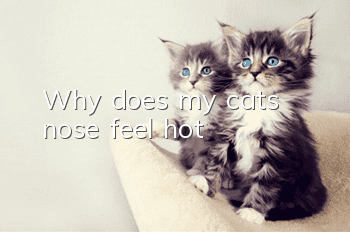Cat keeps going to the toilet but can't urinate

Cats keep going to the toilet but can’t urinate. It may be because they drink less water for a long time, so there is not enough water in the body to form urine. Secondly, when a cat is in estrus, it is easy to go to the toilet frequently and in an unstable position. In this case, the owner does not need to worry too much. In addition, it may also be caused by urinary tract diseases such as urethritis, cystitis, urethral stones, and bladder stones. It is recommended that the owner first take the cat to the pet hospital for examination. If it is caused by disease factors, the owner needs to treat the cat in time.
1. Drink less water for a long time
If the cat’s daily diet is relatively dry and does not like to drink water, the less water in the body will naturally make it easy to be unable to urinate. Moreover, the cat’s coat will appear dry and rough due to lack of water, and the skin will lose elasticity. The hair also loses its original luster. Therefore, the owner must encourage the cat to drink more water. If the cat really doesn’t like to drink water, he can also prepare some canned food or fish soup to replenish the cat’s water.
2. Estrus period
When a cat is in estrus, it will also go to the toilet frequently and bark continuously, especially late at night. This is normal, and owners don’t need to worry too much. It will be normal after the cat’s estrus period passes and it gradually urinates. Of course, if there is no need for the cat to reproduce, you can also take the cat to the pet hospital for sterilization before the cat goes into estrus or during the estrus period.
3. Urinary tract diseases
If the above problems are ruled out, the cat is likely to suffer from urinary tract diseases, such as urethritis, cystitis, urethral stones, bladder stones, etc., which may cause the cat to have difficulty urinating, frequent urination and no urine. If no urine comes out at all, it is recommended to take the cat to the pet hospital for catheterization in time to relieve the pressure on the bladder and treat the original disease at the same time. If the bladder is particularly distended, it is best to check whether there are any problems with the kidneys and electrolyte levels, because this situation can easily lead to post-renal renal failure.
- Taboos about keeping cats and dogs together
- Do cats need to turn on the air conditioner in summer?
- The cat turns on its belly and writhes around
- Cat is retching but in good spirits
- How much chocolate can be fatal for a cat to eat?
- How long does it take for a cat to get sick after eating cockroach medicine?
- What are the dangerous periods for female cats after sterilization?
- How to feed Ragdoll kittens from 2 to 6 months old
- Why can’t you keep the incredibly cute cheese cat? Popular science about cheese cats!
- What does a cat's tail look like when it's happy?



